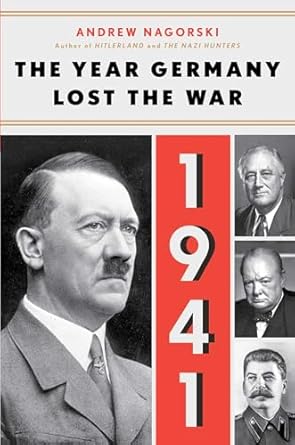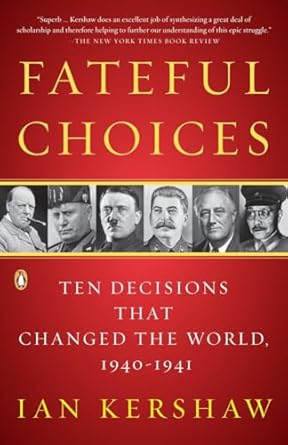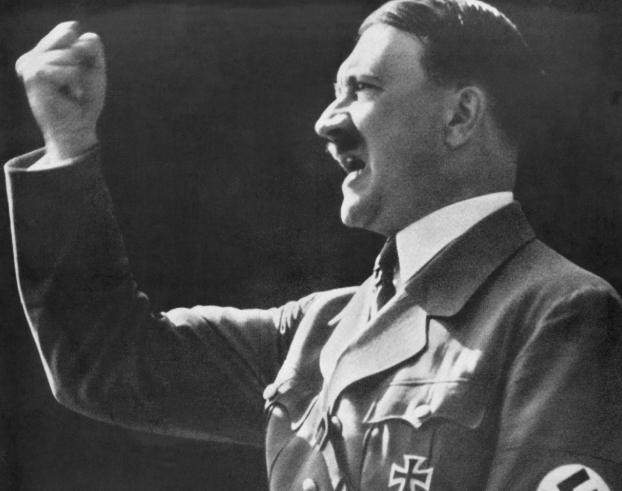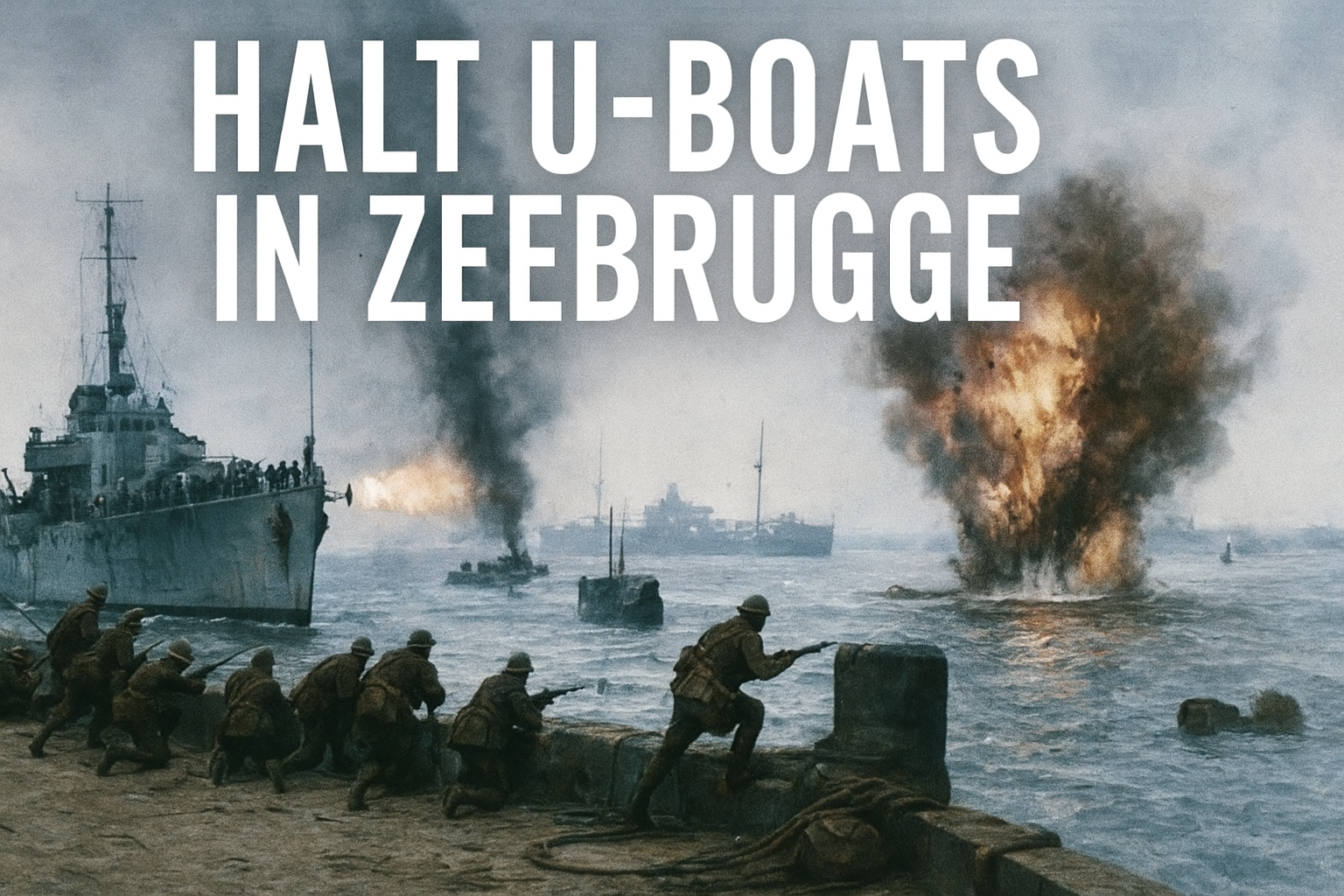On December 11, 1941, just four days after the surprise attack on Pearl Harbor by the Japanese, Adolf Hitler made one of the most consequential decisions of World War II—he declared war on the United States of America. It was an action not required by treaty and not demanded by strategy. Yet it pulled the industrial might of America into the European theatre and sealed the fate of Nazi Germany.


Background: A World Already at War
By late 1941, World War II had engulfed Europe and much of Asia. Germany had conquered much of continental Europe and had launched Operation Barbarossa—the massive invasion of the Soviet Union—in June. Britain stood defiant but was under siege. Meanwhile, the U.S. had remained officially neutral, though President Franklin D. Roosevelt had been providing increasing support to Britain and the Allies through the Lend-Lease Act, convoy escorts, and growing public rhetoric against fascism.
Despite escalating tensions in the Atlantic—including attacks on U.S. merchant ships by German U-boats—Hitler had resisted open war with the United States, preferring to avoid triggering America’s full military response.
The Japanese Catalyst: Pearl Harbor
On December 7, 1941, the Japanese bombed the U.S. naval base at Pearl Harbor, Hawaii, prompting the United States to declare war on Japan the following day. Hitler had a defensive alliance with Japan via the Tripartite Pact, signed in September 1940. However, the pact only required German assistance if Japan was attacked—not if it was the aggressor.
This is why Hitler’s declaration on December 11 is seen as voluntary and strategically irrational—he was not obligated to enter the war against the United States.
Why Did Hitler Declare War?
Historians continue to debate the exact motives, but several key factors likely influenced Hitler’s decision:
- Ideological Arrogance: Hitler underestimated America’s ability to wage war. He famously called the U.S. a “mongrel nation” and believed that its democratic system was weak and chaotic.
- Underestimation of American Industry: Hitler believed the war in Europe would be decided quickly. He saw the USSR as the greater threat and assumed he could finish them before the U.S. mobilized.
- Distraction from the Eastern Front: Some suggest Hitler hoped the U.S. would be too distracted by Japan in the Pacific to focus on Europe.
- Solidarity with Japan: He hoped that declaring war would solidify the Axis alliance, pushing Japan to attack Soviet Siberia and divide Soviet forces.
- Roosevelt’s Naval Aggression: The U.S. Navy had already clashed with German submarines in the Atlantic. Hitler believed Roosevelt was already waging an undeclared war.
The Speech to the Reichstag
In his address to the Reichstag on December 11, 1941, Hitler accused Roosevelt of inciting war, interfering in Europe, and supporting Britain and the Soviet Union. He claimed Germany had tried to avoid conflict with the U.S. but had no choice after Roosevelt’s alleged provocations.
He declared:
“Germany, Italy and Japan have concluded a pact, which obliges each of the three powers to support the other if one is attacked by the United States. Germany and Italy have accordingly declared war on the United States.”
It was a fiery speech filled with Hitler’s usual blend of propaganda, misinformation, and ideological hatred.
The American Response
The U.S. Congress responded immediately. On December 11, following Hitler’s declaration, Congress passed a declaration of war against Germany, with near-unanimous support.
America was now fully at war on two global fronts—against Imperial Japan in the Pacific and Nazi Germany and Fascist Italy in Europe.
The Strategic Consequences
Hitler’s declaration had profound consequences:
- Unified the U.S. War Effort: The U.S. could now fight Germany and Japan simultaneously. This unified effort ultimately overwhelmed the Axis powers.
- Brought American Industry to Europe: The massive industrial and manpower capacity of the United States became fully engaged in defeating Germany.
- Strengthened the Grand Alliance: It brought the U.S., Britain, and the Soviet Union into closer cooperation, leading to the eventual success of Operation Overlord (D-Day) and the final defeat of Nazi Germany.
- Opened Germany to Devastating Bombing Campaigns: American B-17s and British bombers launched strategic bombing raids that decimated German infrastructure.
Legacy of a Fatal Error
Most historians now agree that Hitler’s declaration of war on the United States was one of his greatest strategic blunders. It ensured that Germany would face a coalition of superpowers, stretching from London to Moscow to Washington. By failing to recognize the strength and resilience of American democracy and industrial capability, Hitler hastened his own downfall.
Fascinating Facts
- At the time of the declaration, the U.S. military was ranked 17th in the world—behind Romania. By 1945, it was the most powerful.
- The Tripartite Pact did not require Hitler to go to war with the U.S.—he did it by choice.
- Hitler received no formal request from Japan for assistance against the U.S.
- U-boat warfare in the Atlantic escalated dramatically after the declaration, leading to the so-called “Second Happy Time” for German submarines.
Conclusion
Adolf Hitler’s declaration of war on the United States turned a regional European conflict into a truly global war. It galvanized the American public, cemented the Allied coalition, and ultimately ensured Nazi Germany’s destruction. What seemed like a bold show of strength in 1941 would prove to be the beginning of the end for the Third Reich.



